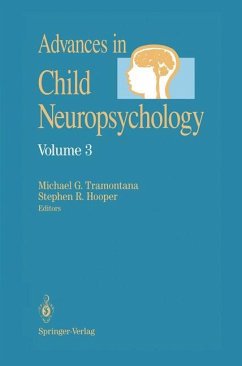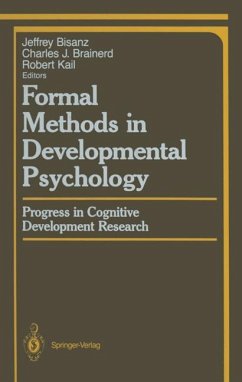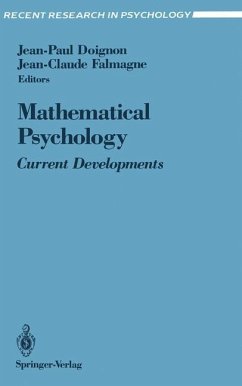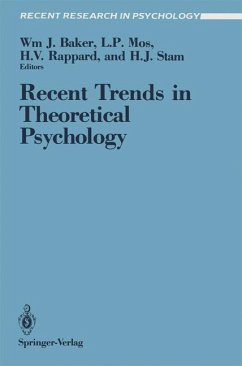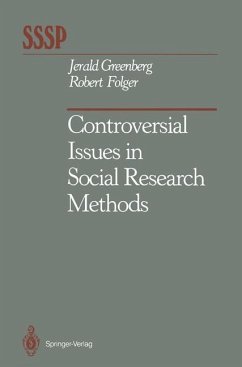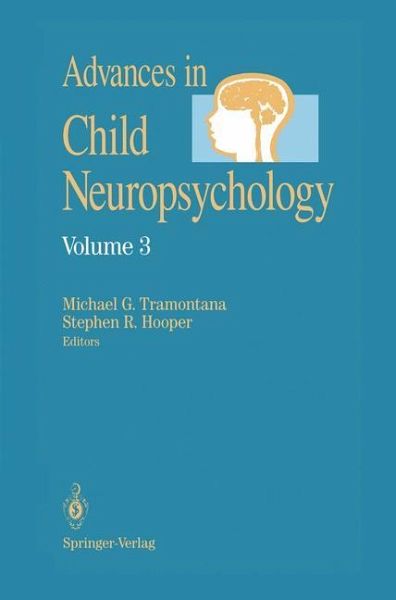
Advances in Child Neuropsychology

PAYBACK Punkte
39 °P sammeln!
In this, the third volume of Advances in Child Neuropsychology, the editors have once again enlisted a broad range of contributors, each of whom has written a chapter that brings us to the current level of knowl edge in their respective area. The topics range from the relationship between electrophysiological responses in infants and later language development to advances in neuropsychological constructs. Although we still do not know enough about brain-behavior relationships in the normally developing brain, let alone in the atypical brain, a good deal of innovative, exciting, and very meanin...
In this, the third volume of Advances in Child Neuropsychology, the editors have once again enlisted a broad range of contributors, each of whom has written a chapter that brings us to the current level of knowl edge in their respective area. The topics range from the relationship between electrophysiological responses in infants and later language development to advances in neuropsychological constructs. Although we still do not know enough about brain-behavior relationships in the normally developing brain, let alone in the atypical brain, a good deal of innovative, exciting, and very meaningful research is herein presented that furthers our understanding of neurodevelopmental issues. The cur rent volume reflects some of the results of an active period of research in child neuropsychology. It serves to further our knowledge of the field in all of its diversity and, perhaps, to provide the spark of interest or sudden "aha!" to the reader that will lead to new insights and productive research endeavors. The first chapter, contributed by Molfese, is perhaps somewhat tech nical in its presentation for the electrophysiologically uninitiated. How ever, its results and discussion sections follow up findings related to some of the data presented in Volume 1. The earlier work, which suggested that electrophysiological responses can be used to predict long-term developmental outcomes, is supported in the present report on the relationship between auditory evoked responses in infancy and later levels of language development.





